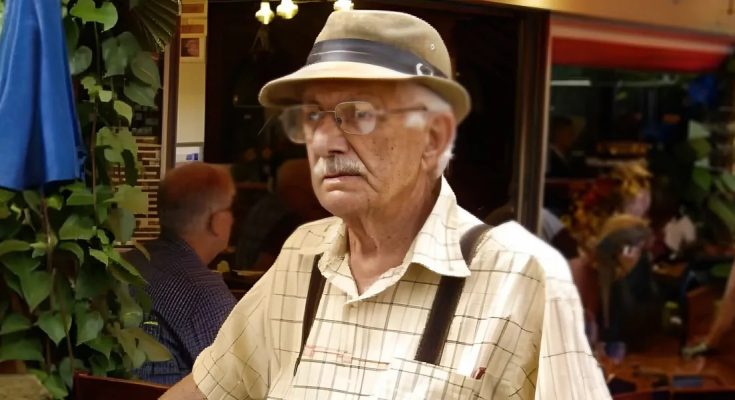
In the quaint village of Asturias, Spain, a family-run restaurant became the unlikely stage for a clash of cultures. This happened when an entitled family of tourists demanded service after hours. They entered the restaurant known for its warmth and traditional meals., and insulted the elderly owner. However, they learned a costly lesson in respect and local customs.
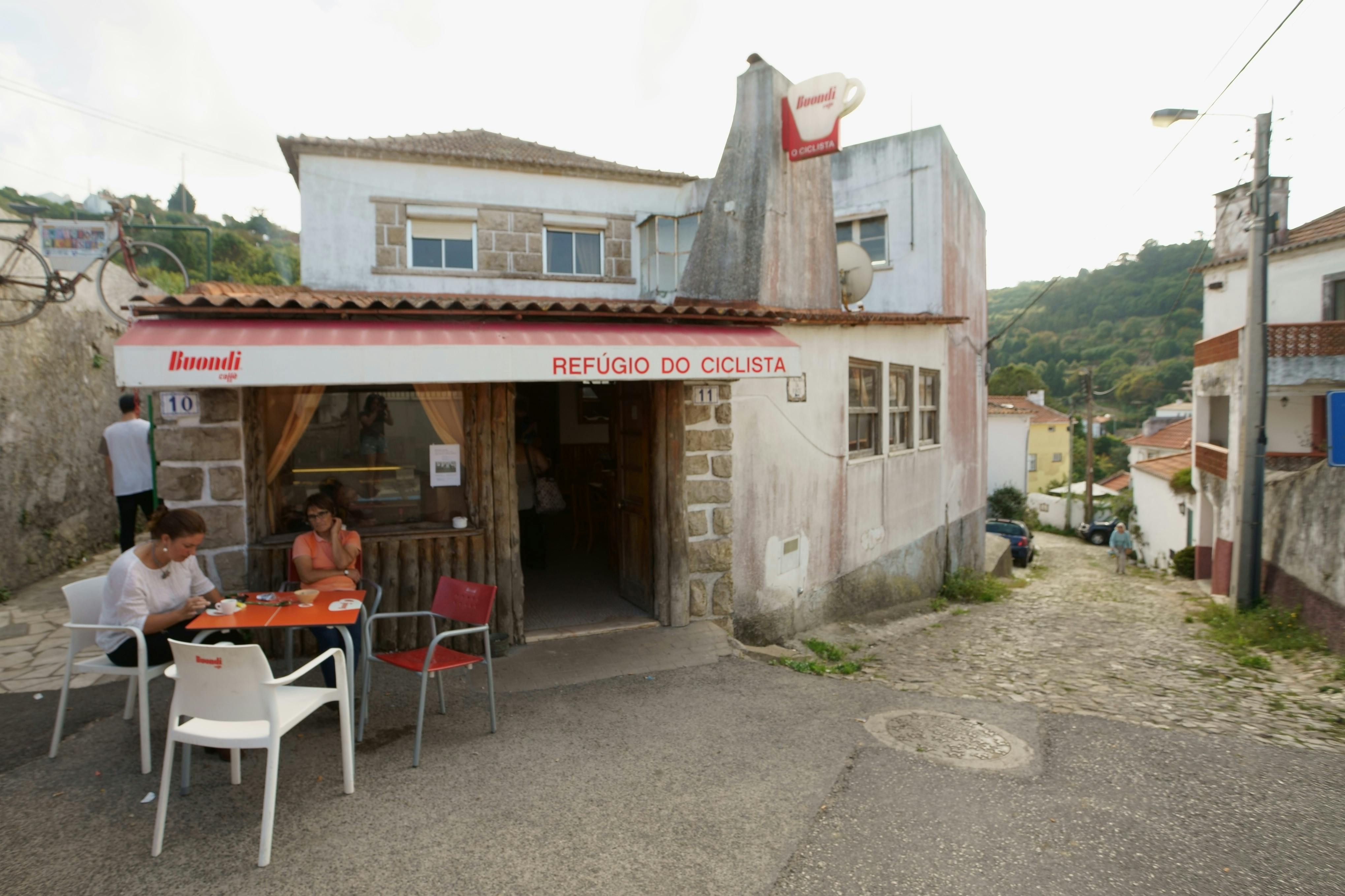
Hey everyone! I want to share a story from a little family-run restaurant in Asturias, Spain. It’s actually my grandparents’ place, tucked away in a tiny village with just 30 residents.
Every summer, I head over to help, learn family recipes, and just soak in the village life. The restaurant’s been around since 1941, and it’s right at the bottom of our house, which makes it super cozy and homey.

This one summer day turned out more eventful than usual. Thanks to a visit from a family who really didn’t seem to understand how things work around here. Let me tell you what went down.

It was one of those bustling summer days where the sun warms everything just right. And our little restaurant was humming with the usual chatter and laughter. Most of our local regulars had settled in for their long, leisurely afternoon hangouts.
Our place isn’t big—just eight tables inside and a couple outside for when the weather’s nice. But it’s got a lot of heart, and doubles as a bar, so it’s usually full.
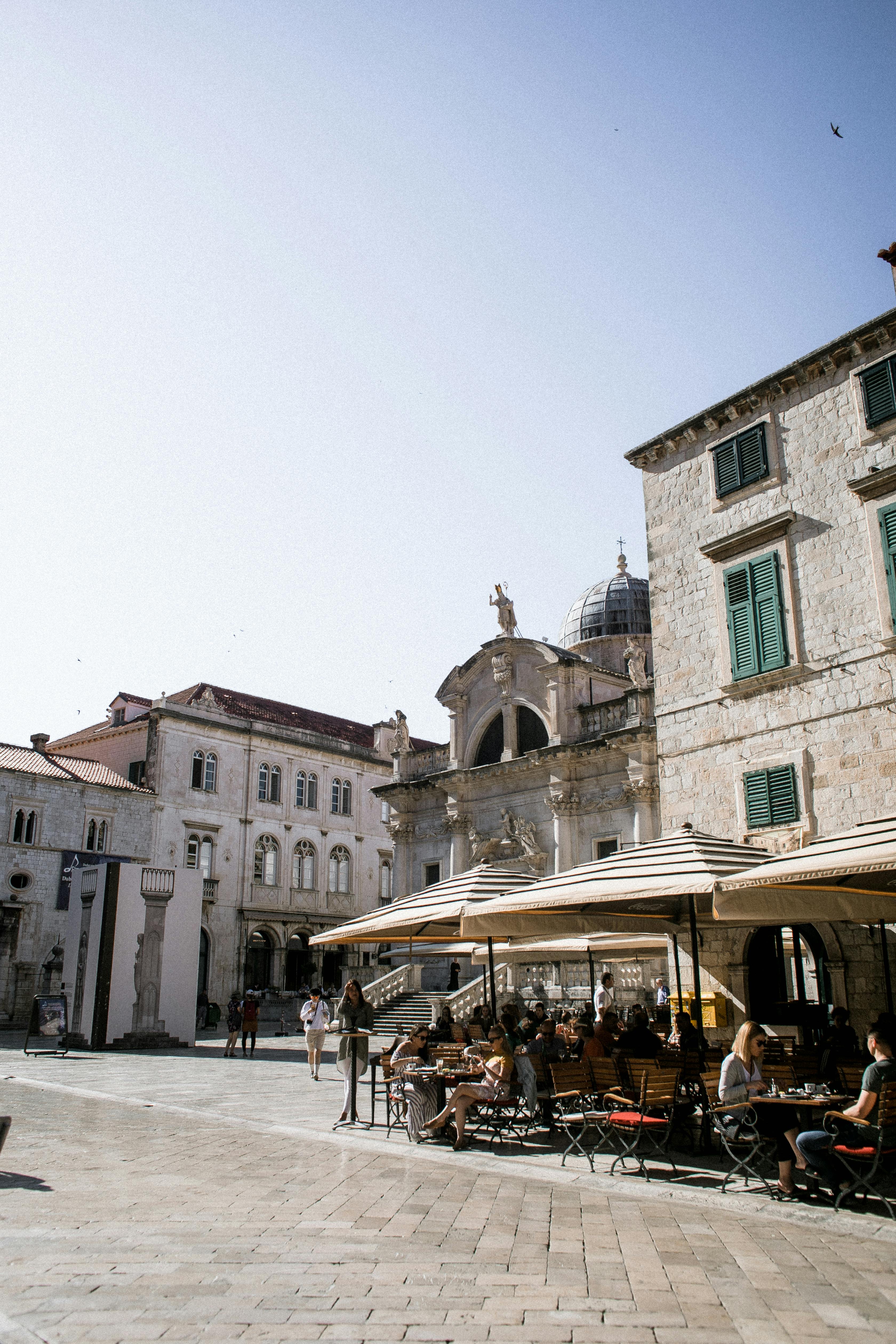
That afternoon, the inside buzzed with retirees debating over cards and sipping wine, a typical scene that feels straight out of a movie. My brother and I were pretty busy handling drinks and lunch requests from people who knew our operating hours.
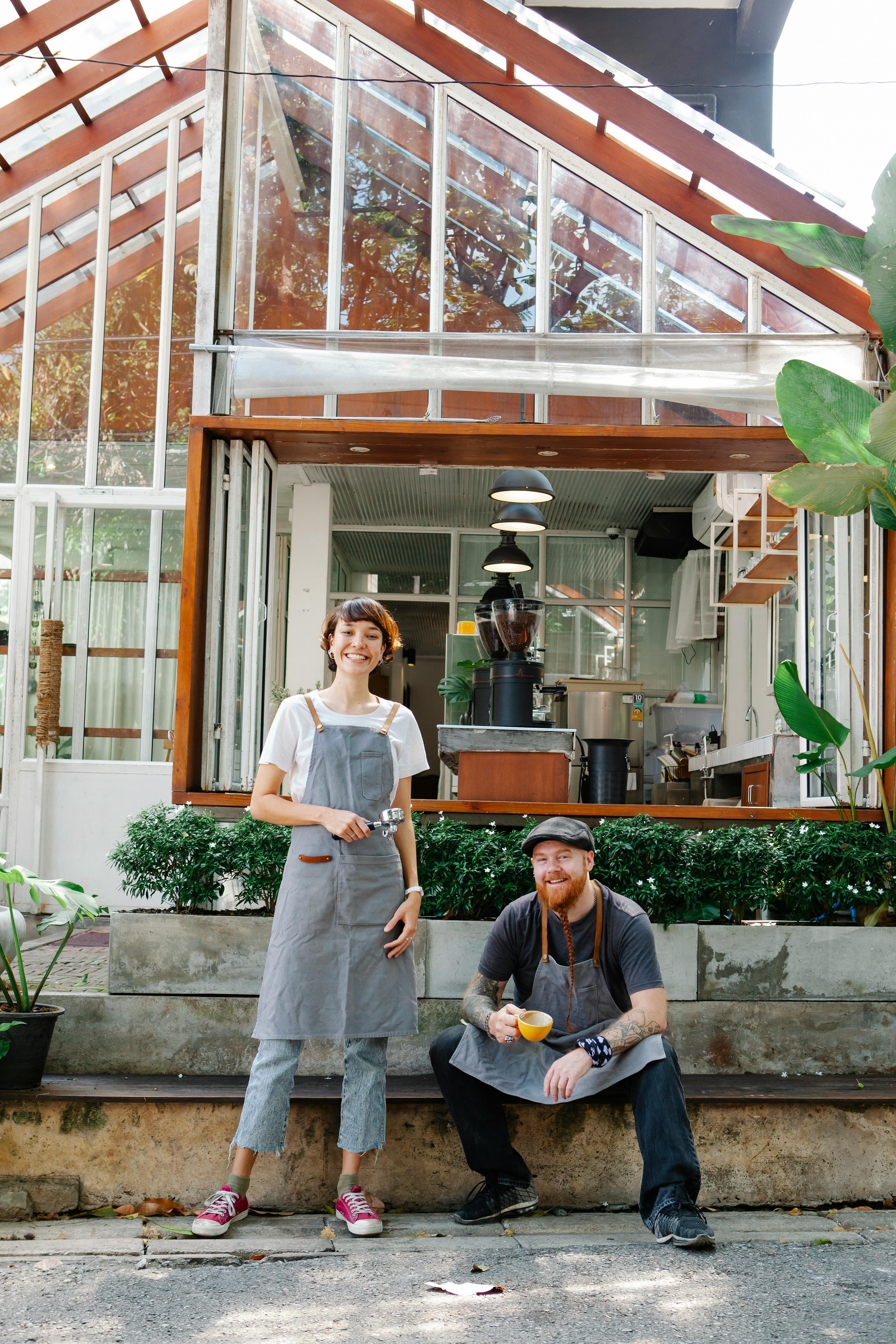
Around 4 p.m., just as things started to calm down a bit, we heard a car pull up. This isn’t unusual since we get a few lost tourists. But what followed was far from our standard visitor welcome.
A family stepped out, and right from the get-go, it was clear they were frustrated—probably from driving around the winding backroads of our region.

They barged in, speaking loud English, which was my cue to step up, as I handle most of our English-speaking guests. Here’s how that went down.
As the door swung shut behind them, the mother was already waving me over with a brisk, “We need a table, and we’re starving!” Her tone caught me off guard, not just because of the volume but because of the demanding way she spoke.

I put on my best customer service smile and approached them, explaining, “I’m sorry, but the kitchen just closed. We only serve meals until 3 p.m. and then again at 7:30 p.m.” I hoped that would settle it—they could come back later, maybe?

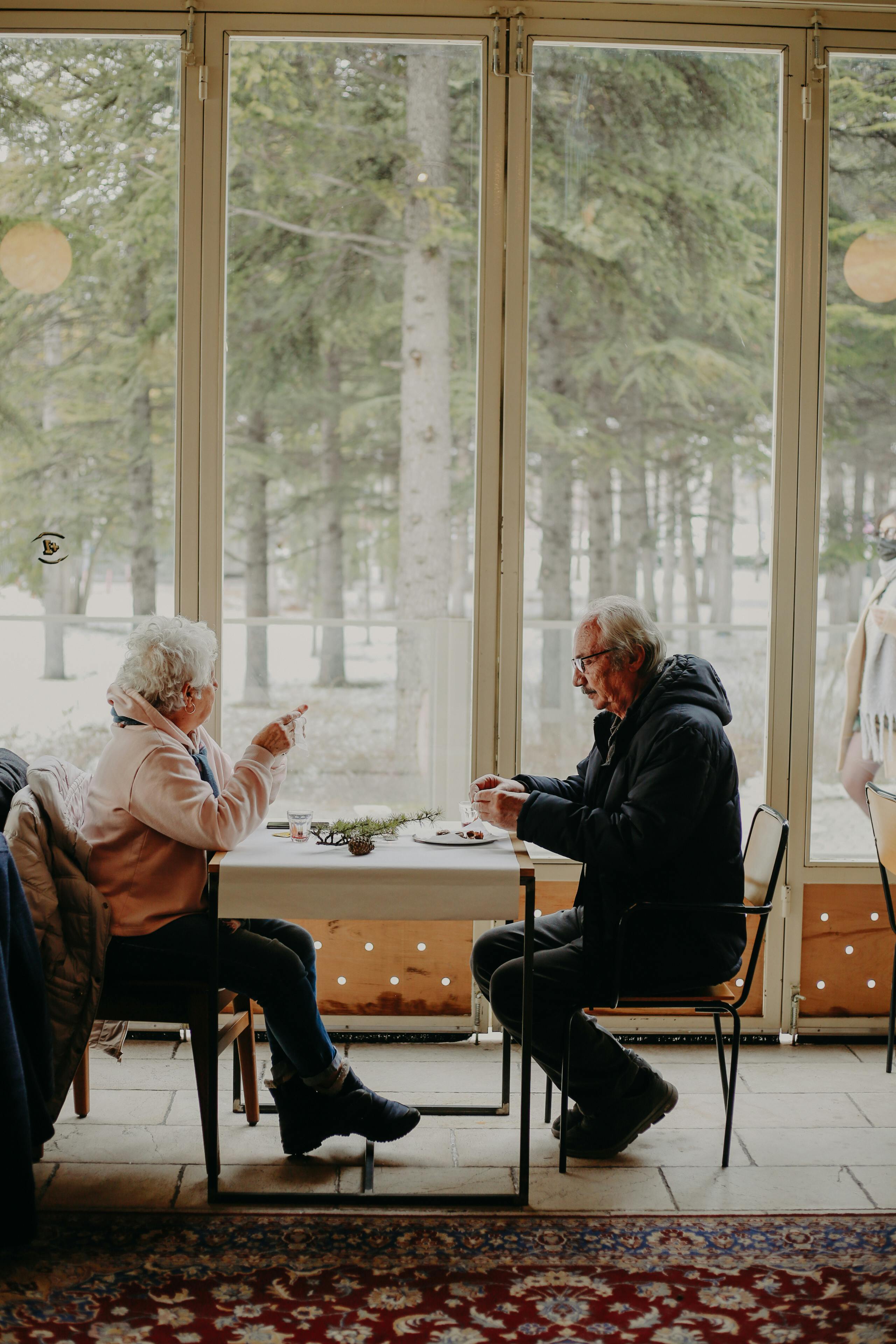
That didn’t go over well. The mother’s face twisted a bit as if she’d bitten into a lemon. Without missing a beat, she demanded, “Are you giving us a table or not? And we’ll need the Wi-Fi.”
I explained as politely as I could, “The Wi-Fi is just for staff. It’s not really set up for guest use.”

This really set off the father, who chimed in with, “What the heck?! We are paying customers!” Their kid started to get antsy, and before I knew it, he was running around, making a racket.
It was clear this was going south fast, and that’s when my grandpa decided to step in.

Seeing the commotion escalate, my grandpa, who has always had a calm demeanor, wiped his hands on his apron and walked over to where the family was seated.
With a gentle but firm voice, he asked them to please settle down and keep their child from running around, as it was disturbing the other guests.


The whole restaurant went silent for a moment. You could feel the tension in the air. It was one of those times when you could hear a pin drop. The other patrons, locals who knew my grandpa well, looked on in disbelief at the disrespect being shown to someone they respected deeply.

My grandpa, keeping his cool, simply nodded and walked back to our family at the other end of the room. I followed, feeling a mix of embarrassment and anger. It was then that he decided it was time for this family to leave.
He motioned to two men at a nearby table—who just so happened to be off-duty Guardia Civil officers—and explained the situation in a low voice.

The officers, understanding the need for decorum, stood up and approached the family. They identified themselves as law enforcement and showed their badges. In their firm but polite way, they explained that the family needed to respect the establishment’s rules and the other guests.


As the family reluctantly started to head towards the exit, one of the officers glanced out the window and noticed something. The family’s car was parked directly in front of our restaurant’s garage, blocking it entirely. It was clearly marked as a no-parking zone, a rule crucial for access to and from our property.


With the family’s frustration mounting, the officers calmly explained the consequences of their actions. They took photographs of the improperly parked vehicle and began writing up a ticket. As it turned out, the fine for obstructing a private property entrance was hefty—200 euros, precisely.


As the family finally drove away, the mood in the restaurant lightened considerably. Everyone resumed their conversations, clinking glasses and laughter returning to fill the space. My grandpa raised his glass to the officers in thanks, and they nodded in acknowledgment, their duty done.


This incident didn’t just stay within the walls of our restaurant. It became a bit of a local legend, a story passed around as a testament to the karma that awaits those who disregard the values we hold dear in our community.
It was more than just about a rude family getting fined; it was about standing up for one’s dignity and the collective spirit of our village.

In sharing this story, I don’t mean to cast a shadow over all visitors from different cultures or backgrounds. Most of our tourist guests are delightful and respectful, eager to learn about our ways and enjoy what we have to offer.
But this particular case was an exception. It proved a valuable lesson: no matter where you are, treating people and their traditions with respect is universal.

Thank you all for taking the time to read this. I look forward to hearing your thoughts and if you’ve ever experienced anything similar, feel free to share! Let’s keep the conversation going and spread the message of respect and kindness, no matter where we are in the world.
If you enjoyed this story of support and community, you might also enjoy about a waitress who got revenge on a rude customer for someone else.
This work is inspired by real events and people, but it has been fictionalized for creative purposes. Names, characters, and details have been changed to protect privacy and enhance the narrative. Any resemblance to actual persons, living or dead, or actual events is purely coincidental and not intended by the author.
The author and publisher make no claims to the accuracy of events or the portrayal of characters and are not liable for any misinterpretation. This story is provided “as is,” and any opinions expressed are those of the characters and do not reflect the views of the author or publisher.
